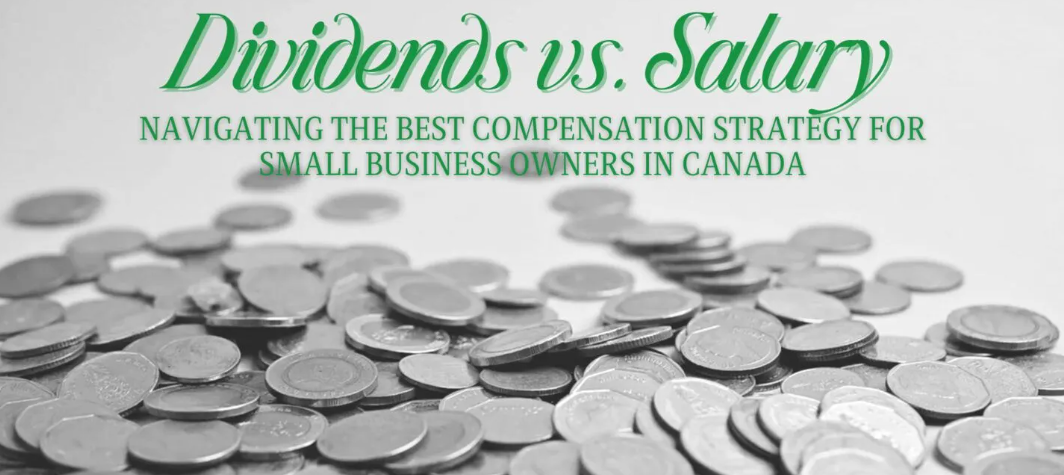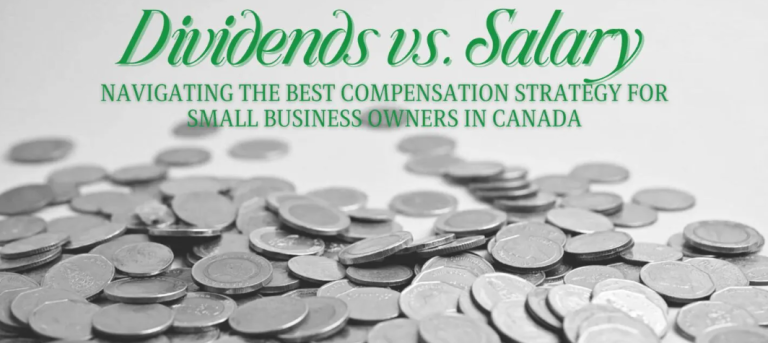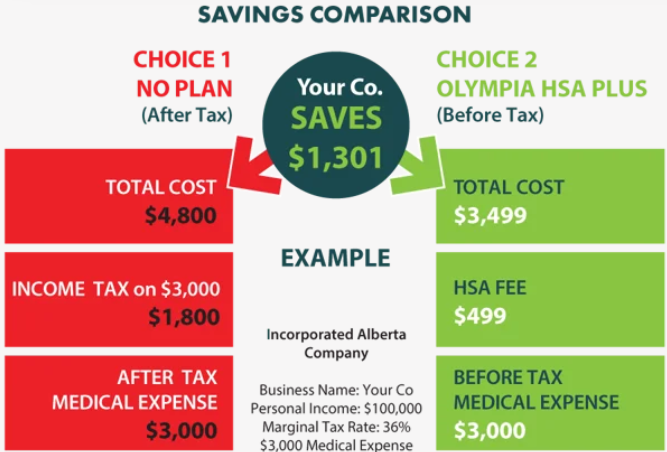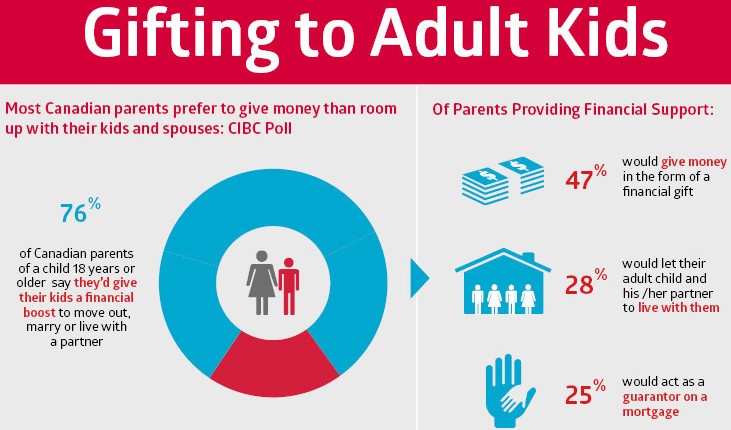Has your Accountant recommended that you take dividends from your corporation, instead of salary, simply because you’ll save tax dollars? I’ve come across this advice several times. Although I think this can make sense sometimes, in most cases however, I believe it is the wrong thing to do. Here’s why.
Yes, taking dividends can save a bit more tax than if you pay yourself a salary. However, because of “tax integration” the overall tax difference between the 2 is very small. Let’s not dig into the weeds of tax integration since it is a very small factor in the big picture. Rather, I’ll lay out 6 significant reasons being completely ignored; the reasons why most self-employed person should take a salary instead of dividends.
Numbers are very black and white. There is only 1 right answer when you are dealing with numbers. However, when those numbers are related to money, a wild card is added. A person’s personality, emotions, wants etc. Because of that the advice on the route that should be taken moves from purely black and white to, “it depends”. With personal financial planning there are a lot of “it depends” factors. More so than not these human factors sway the pendulum far to the side of taking salary over dividends. Here are 5 of those:
Guaranteed Retirement Income: Business owners often do well because they are taking a risk that most people just aren’t willing to take. Spreading your risk out is why you would take your income as a salary. With a salary you are required to contribute to the Canada Pension Plan, and CPP, like any “defined benefit” pension plan at a large or government employer, guarantees that you will get a fixed dollar amount per month at retirement, which will continue to the end of your life. The ability to contribute to CPP offsets some of your self employment risk, because it gives you 1 guaranteed income (or 2 if you are a couple both working in the same business) when you decide you don’t want to work anymore.
RRSP Tax Deductions: With a salary you get RRSP contribution room. This means you have access to the biggest tax deduction available in Canada Yes, taking dividends offsets much of the need for having to get a tax deduction against salary income. However, the RRSP is a way to get a tax deduction at a high rate of tax while you are working and pay back at a lower rate, when you are not. Also, from a math perspective and even more powerful, is the ability to compound wealth tax free for 30 to 60+ years.
Accumulating Future Tax Deductions: As time goes on, you probably will have an investment portfolio and / or purchase a rental property that will grow in value. When it comes time to sell a holding, you’ll want a big tax deductions to offset the capital gains. This could mean saving 10’s to 100’s of thousands of dollars of income tax. How? Because the RRSP contribution room you don’t use can be carried forward to future years. That accumulated RRSP contribution room can be a great tool for substantially reducing (or eliminating) a very significant future tax bill. I’ve used this tactic for myself as well as clients, who needed a big tax deduction. This does require quite a bit of foresight, something which, working closely with a Financial Planner for the long term, can help see coming.
Getting A Mortgage / Loan Could Be Easier: Having a documented and consistent income gives your income legitimacy; having a consistent and reliable income is why any bank will lend you money. Banks may look a little more favorably on T4 (employment) income than they do T5 (dividend etc.) income, potentially making it easier to get a loan or mortgage. Also, your income tax return may get red flagged at CRA if you primarily take dividends, especially since you are supposed to be working in the business and not just be a shareholder.
Being Able To Have A Health Spending Account (HSA): I have spent a lot on dental over the years and in particular the last few (implants have been the greatest expense). A HSA allows you to deduct many health expenses (dental, optometry, physio etc.) for the full amount. This saves you ~30% on those expenses because they become tax deductible to your corp. and tax free to you individually. The only way to be able to set up a HSA for you company is if you are paid a salary. To set up an HSA, you can go to a blog I wrote, “Health Spending Accounts – Why They Are Better Than Insurance“.
Protect You From Yourself: Not everything in life turns out as planned. Sometimes things just don’t turn out the way you planned or envisioned. It might not be you but someone else in our life who makes 1 too many financial mistakes (or was just overly optimistic), setting you back significantly. I have seen many variations of this play out where taking a salary would have helped a lot Taking a salary gives you future CPP income no matter what happens. You don’t get this with taking dividends. You’ve diversified your future income sources and prudent diversification is always wise.
I set up my own corporation, C.E. Vandenberg & Associates Inc. (owned by my spouse and I) when I was 30. My accountant at the time (and still is today, Narinder Johal of Kanester Johal CPA’s) recommended taking salary 1st and then dividends. Narinder’s advice was to take our income as “salary” up to the maximum contribution limit for CPP contributions (in 2025 that is $71,300). Anything over that would be paid out as “dividends”. I accepted that advice over 30 years ago and will receive very close to the absolute maximum CPP anyone can get.
Although today, I know I won’t need the CPP benefit as my income safety net, I really see the wisdom in the advice to take salary income 1st, particularly since I’ve been able to see and use the benefits of that approach for my clients for over 30 years. So, if your accountant tells you to take 100% dividends, I’d let him know all the points above why you should 1st take your income as “salary”, to the maximum CPP contribution limit and then take dividends.





